Sri Lanka Prime Minister Mahinda Rajapaksa, who oversaw a brutal end to a decades-long conflict with Tamil separatists, said Wednesday the country was withdrawing from a United Nations resolution investigating alleged war crimes.
Rajapaksa was president when Sri Lankan troops defeated Tamil Tiger guerrillas in 2009, but rights groups accused the army of killing at least 40,000 Tamil civilians in the final months of the conflict.
His brother Gotabaya, who is now president, was defense secretary at the time.
Premier Mahinda said the government would no longer abide by a 2015 resolution calling for accountability for alleged excesses carried out by Sri Lankan troops and reparations for victims.
That agreement was only accepted by the government that took over after the Rajapaksas’ first stint in power.
Rajapaksa said Washington’s recent decision to ban current Sri Lanka army chief Shavendra Silva from visiting the U.S. was because Colombo had signed up to the resolution.
“It is because of the historic betrayal … in co-sponsoring U.N. Human Rights Council Resolution 30/1 in 2015 that other countries are able to name members of our armed forces as violators of human rights,” he said in a statement.
Before winning the presidency, Gotabaya had pledged he would not honor the previous government’s commitments to the U.N.
Mahinda Rajapaksa’s administration was on the verge of international sanctions because of its refusal to investigate the alleged war crimes when he was defeated at the January 2015 elections.
More on the Subject
‘Foreign Interference:’ Sri Lanka Blocks UN Meeting with Judges


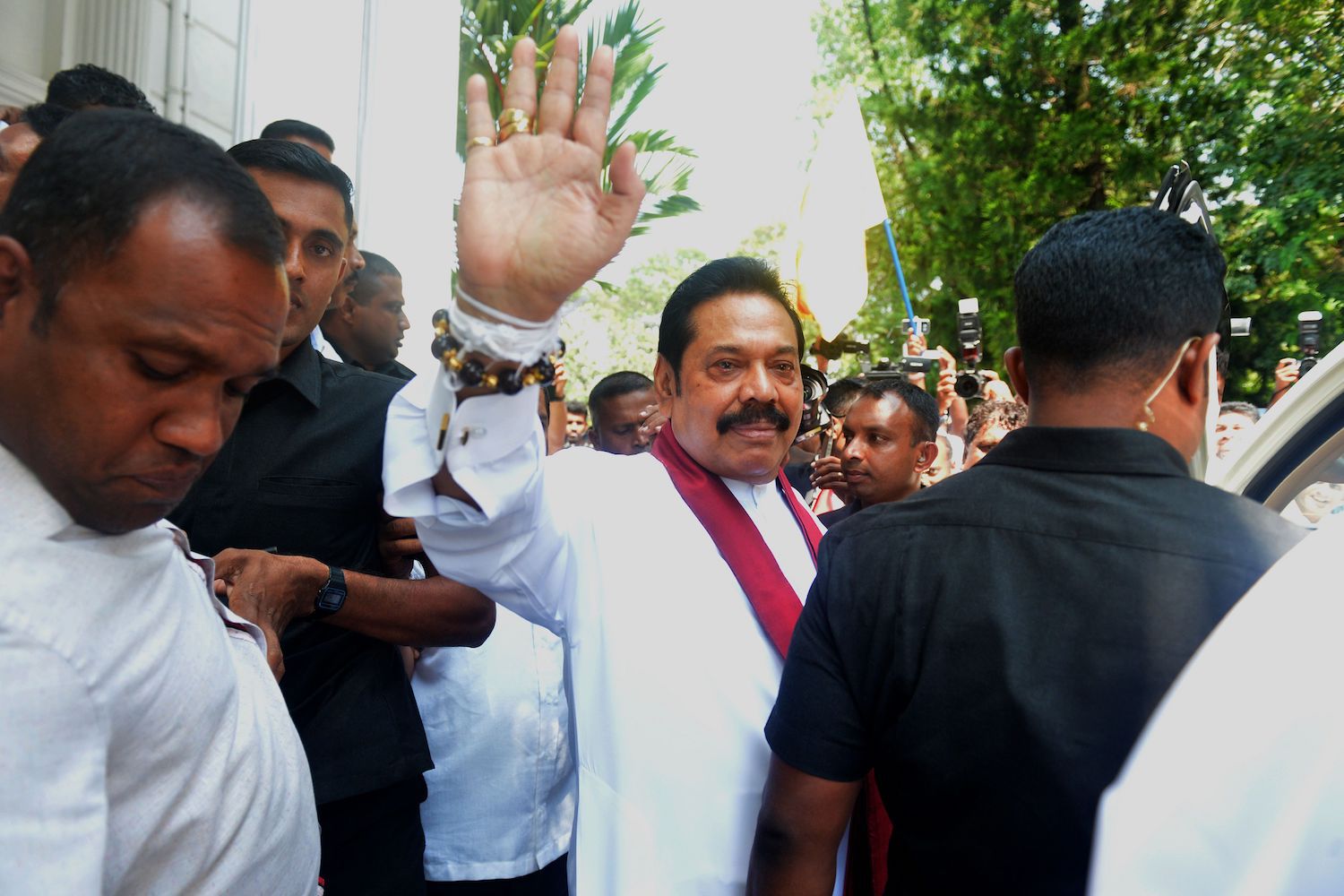
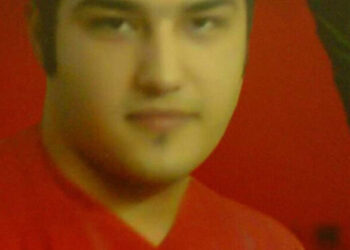
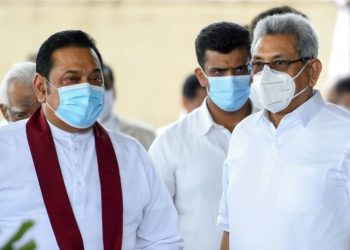
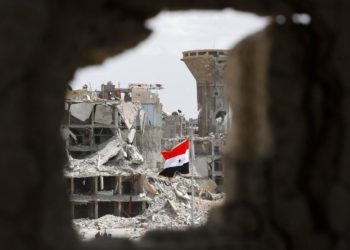
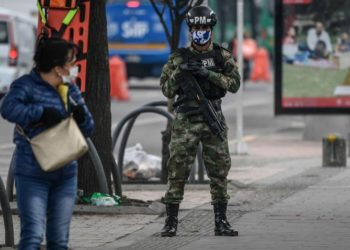
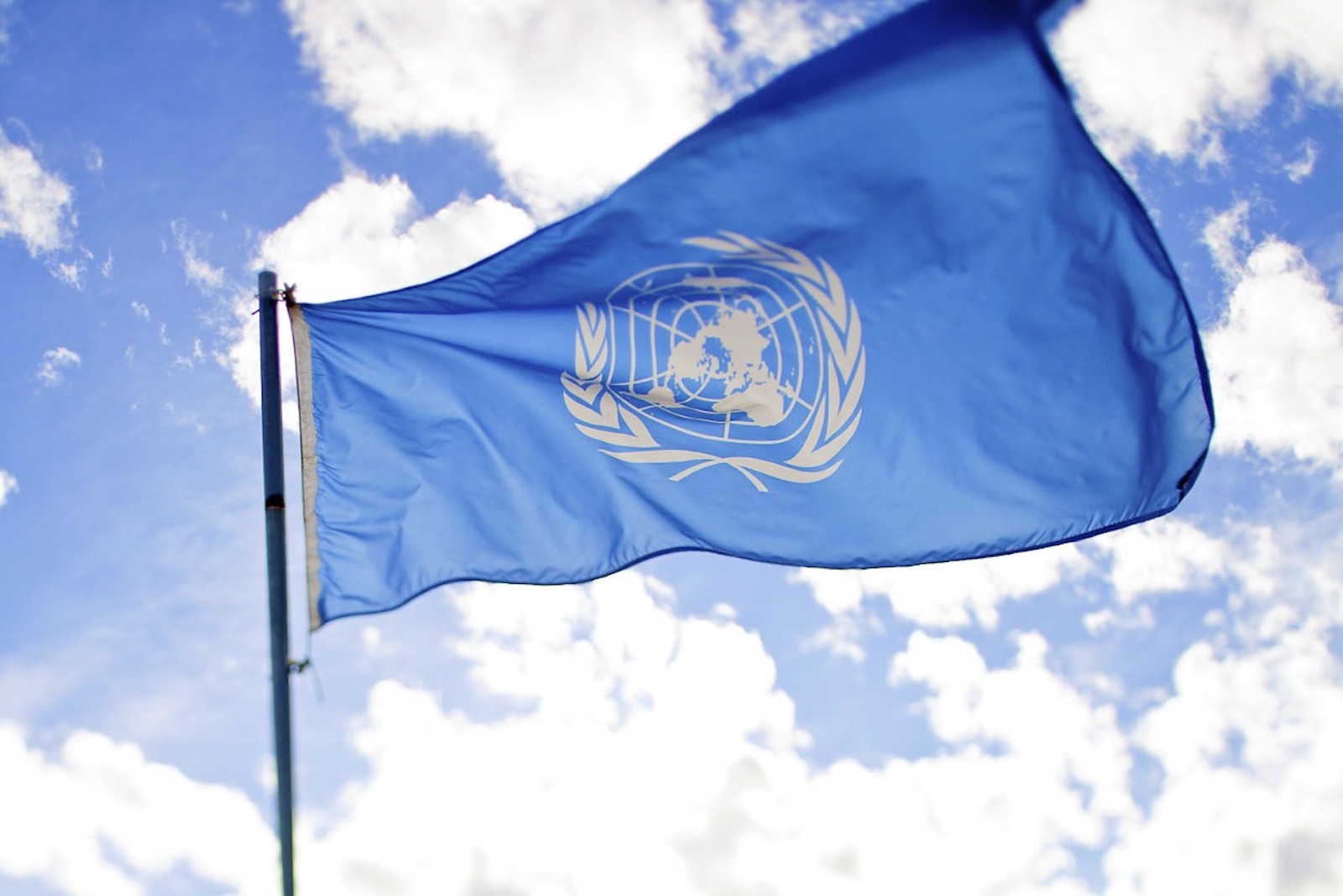
![Beyond These Walls: Social Control and Criminal Justice in America [Part I]](https://theglobepost.com/wp-content/uploads/2019/04/US-prison-350x250.jpg)













